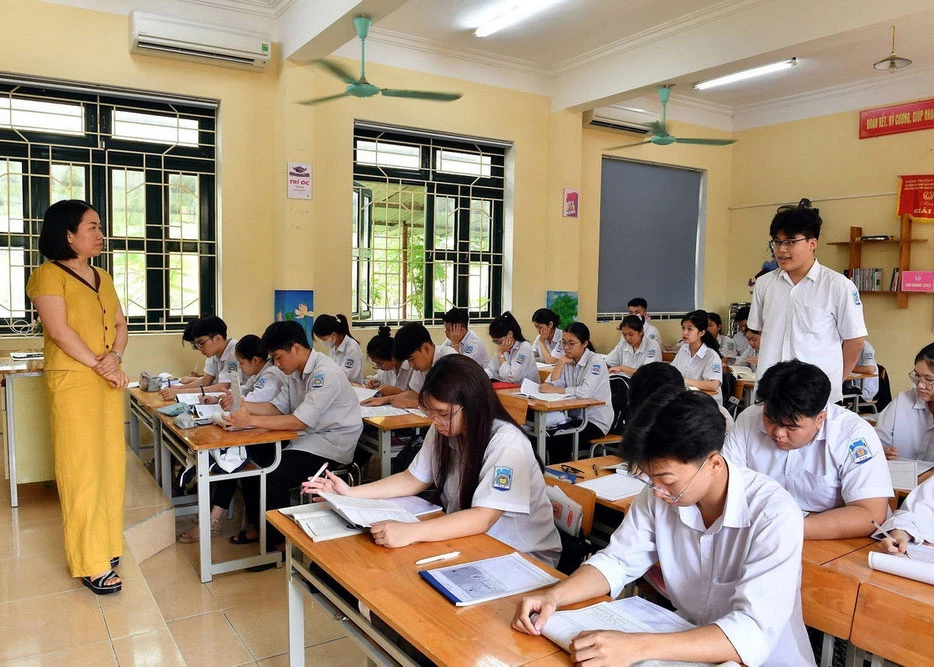Stopgap measures for local education staffing shortages
A recent rapid survey by the Ministry of Education and Training (MOET) revealed that out of 1,000 commune-level education officials, 302 hold qualifications unrelated to education, including civil engineering, food technology, accounting, business administration, and even animal husbandry.
 |
According to the Director of the Department of General Education under the MOET, current commune-level staffing meets only the numerical requirement, filling positions without considering quality or suitability. This has led to difficulties and obstacles in decentralization, delegation of authority, and task implementation at the local level.
Under current guidelines, each commune’s Culture-Society Office can have up to two civil servants in charge of education and training. With 3,321 communes, wards, and special administrative units nationwide after restructuring, more than 6,000 commune-level education officials are needed.
At present, only a few localities, such as Hanoi and Ho Chi Minh City, have been able to assign two to three commune-level education managers. Most areas have only one, and some have none at all.
Until a long-term solution is found, some provinces are adopting interim measures, for example, temporarily assigning vice principals from schools with two vice principals to the Culture-Society Office to help commune staff handle the backlog of work, while also organizing professional training plans for them.
Another approach is to form administrative clusters based on former district or city boundaries previously managed directly by provincial education departments, enabling better information sharing, professional activities, and the organization of teacher and student competitions.
Thai An





READER COMMENTS